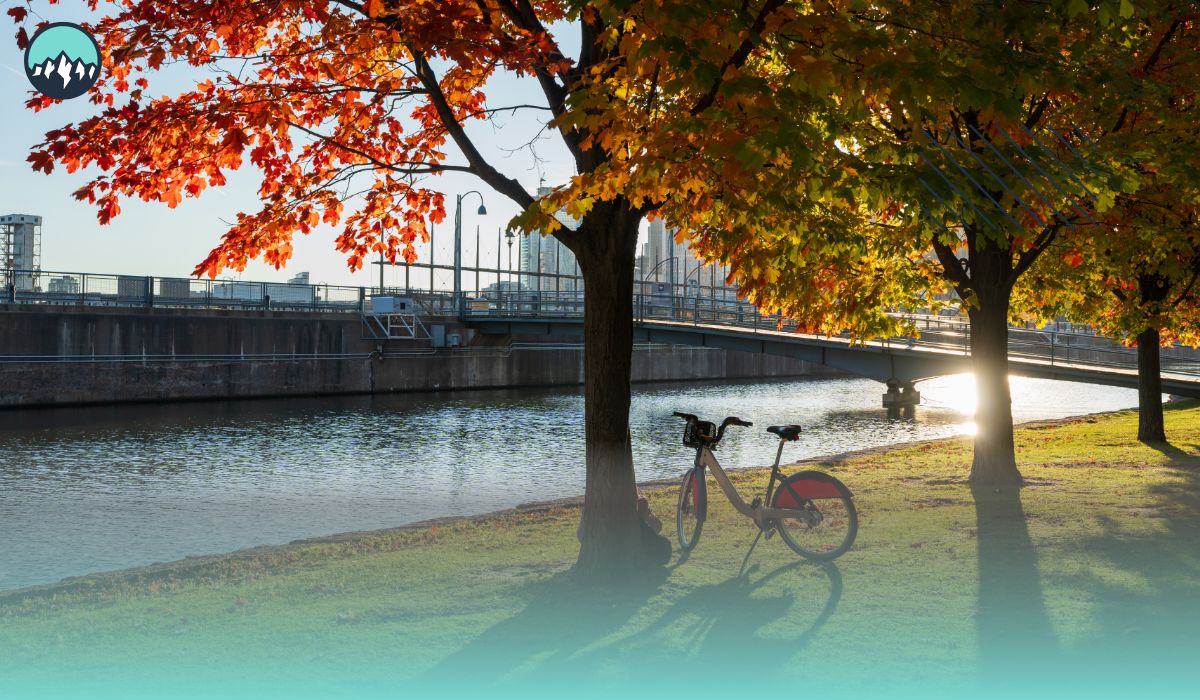Avoiding Denial: What to Know About Inadmissibility Before Your Summer Canada Trip
21 Jul 2025

Summer is one of the busiest seasons for tourists heading to Canada. Whether you're exploring the Rockies, enjoying Montreal’s festivals, or hiking in Banff, you don’t want your vacation to begin with a travel denial at the border. One of the key factors travelers often overlook is Canada inadmissibility, a legal condition that can prevent foreign nationals from entering the country.
Canada inadmissibility refers to a set of legal criteria under which a person may be refused entry. These include criminal records, medical issues, misrepresentation, and even financial instability. Knowing what constitutes inadmissibility is critical, especially when planning summer travel tips Canada readers can actually use.
Common Reasons for Travel Denial to Canada
There are several reasons why someone might face a travel denial Canada scenario. Below are the most common:
- Criminal Record: Even minor offenses such as DUI (Driving Under the Influence) can render you inadmissible. Canada treats impaired driving as a serious crime.
- Medical Inadmissibility: Travelers with health conditions that may pose a public health risk or burden Canada’s healthcare system could be denied entry.
- Misrepresentation: Providing false information on visa or Electronic Travel Authorization (eTA) applications, even unintentionally, can result in a ban of up to 5 years.
- Financial Inadmissibility: If immigration officers believe you cannot financially support your stay, they may deny you entry.
Understanding these factors is crucial for summer travelers hoping to avoid Canada inadmissibility.
How to Prevent Travel Denial Before Your Summer Trip
There are proactive steps you can take to reduce the risk of inadmissibility:
- Check Your Criminal Record: If you have past offenses, consider applying for a Temporary Resident Permit (TRP) or Criminal Rehabilitation through IRCC well in advance.
- Ensure Accurate Documentation: Double-check your travel documents, eTA application, or visitor visa for accuracy and honesty.
- Get a Medical Exam: If you have pre-existing conditions, consult with a panel physician and ensure any needed health documentation is ready.
- Show Financial Proof: Bring bank statements or employment letters to show that you can support yourself during your stay.
These summer travel tips Canada visitors should follow can make or break your trip.
What to Do If You're Found Inadmissible
If you're deemed inadmissible upon arrival, you may be detained and sent back to your home country. However, there are options:
- Apply for a Temporary Resident Permit (TRP): This allows you to enter Canada for a specific purpose despite your inadmissibility.
- Criminal Rehabilitation: If at least 5 years have passed since the completion of your sentence, you may apply to be deemed rehabilitated.
- Legal Support: Consult with an immigration lawyer for complex cases or past visa denials.
Understanding your rights and options can help you navigate Canada inadmissibility issues more confidently.
Helpful Summer Travel Tips for a Smooth Entry to Canada
Besides legal preparations, here are a few general summer travel tips Canada visitors should remember:
- Arrive early: Border services can be congested in summer—arrive with time to spare.
- Pack essentials: Include printed copies of your eTA or visa, health insurance, and accommodation details.
- Be polite and honest: Always answer CBSA officers' questions truthfully and respectfully.
These steps reduce your risk of experiencing a travel denial Canada incident and ensure a smoother border process.
FAQs
Can I Travel to Canada With a DUI?
You may be considered criminally inadmissible. You can apply for a Temporary Resident Permit or Criminal Rehabilitation before your trip.
What Medical Conditions Can Make Someone Inadmissible?
Conditions considered a danger to public health or that could strain Canada’s healthcare system, like untreated tuberculosis or high-cost chronic care needs, may lead to inadmissibility.
Do I Need a Visa or eTA to Enter Canada for Summer Vacation?
Most travelers either need a visa or an Electronic Travel Authorization (eTA), depending on their country of citizenship. Check the official IRCC website for details.
What is the difference between a TRP and Criminal Rehabilitation?
A TRP is a short-term solution allowing entry despite inadmissibility. Criminal Rehabilitation is a permanent fix if more than five years have passed since completing your sentence.



